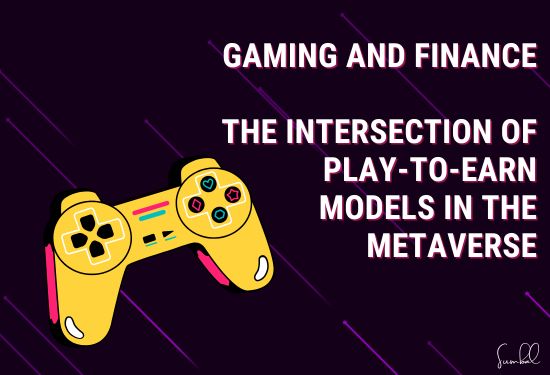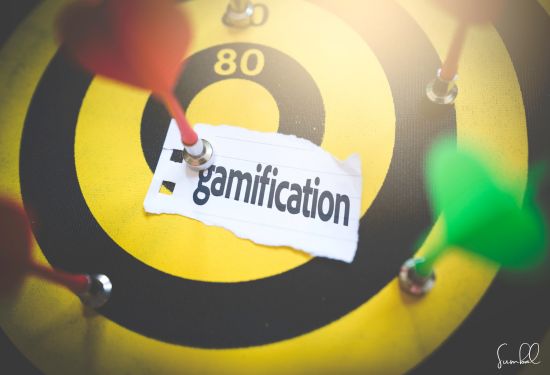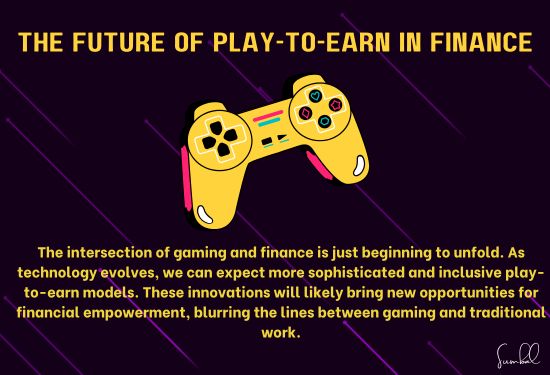The gaming industry is a merger of play-and-earn modalities across metaverse and finance. The convergence between video games and innovations forms a new gaming economic future. A financial ecosystem was formed around playing computer games, which are increasingly developing income opportunities for the players. Merging the virtual with the real, play-to-earn (P2E) games creates opportunities for players to earn real rewards based on time and skills in winning. This new and revolutionary model will completely alter how people around the world view gaming and finance into an unprecedented hybrid of leisure and livelihood.

The Play-to-Earn Model Explained
Playing games for fun normally involves real money earning based on real participation in the virtual environment. Mostly, these games have blockchain attachments that enable players to earn virtual cryptocurrency or NFTs by achieving certain accomplishments in the games. These tasks may involve missions, trade in-game assets, or competitions in tournaments, all with which gamers can turn their work into revenue totally different from previously known economics.
Some of the examples include Axie Infinity, which lets players earn Smooth Love Potion (SLP) cryptocurrency, which is convertible into real money. The Sandbox allows users to buy, sell, and monetize virtual real estate via its own SAND cryptocurrency. This layer of the economy in gaming consolidates the players' little feel of ownership and financial independence, thus establishing a viable source of income through gaming.
Gaming in the Metaverse: A New Frontier
The sole perfect environment for play-to-earn games is the metaverse, a completely virtual and shared space in reality. People live, work, and interact with others apart from just gaming.There will be many ways in which people will be financially tied up, including creating and marketing digital art for one's own virtual real estate or organizing online events.
Innovative Platforms such as Decentraland and Roblox are increasingly becoming the focal point of the revolution. These are the metaverse platforms allowing people to create virtual experiences and monetize them from amusement parks to music festivals. It is a system that gives people a decentralized way to ensure transparency and fairness while building trust in their minds as they invest time and money in these ecosystems.

Income Opportunities for Gamers
New income channels are being opened for players under the P2E model, especially in developing economies. For a lot of people, gaming is not only part-time activity; it's becoming a business. Players from countries like the Philippines and Venezuela are raking in millions from P2E games that far exceed the minimum average wage locally.
Creators can also create and market exclusive in-game items as NFTs in these games. Thus, artists and developers can earn royalties whenever their creations are traded, creating a continuous source of income.
Challenges and Risks in P2E Gaming
The potential that play-to-earn games hold is unquestionable; however, one should tread lightly into this promising new world. Cryptocurrencies have wide swings in income, and while the games promise millions, another hindrance for new players is the high entry costs for certain games which require buying NFTs or tokens before they can play.
Finally, there are security concerns since the decentralized nature of blockchain-hosted games invites scams and hacking attempts. One has to be attentive, always research well, and use secure wallets to secure one's assets.


Tax Mindset: The Middle-Class Divide

Bags vs. Stocks: The Wealth Equation

The Future of Cryptocurrency: What You Need to Know in 2024

Money's Journey: From Yu'E Bao to Funds

Investment Horizons for the Coming Decade

Can you make tens of thousands of dollars a year with a few hundred thousand dollars of capital? Are

Big Data, Artificial Intelligence, and Machine Learning: The Intelligent "Magic Wands" in
